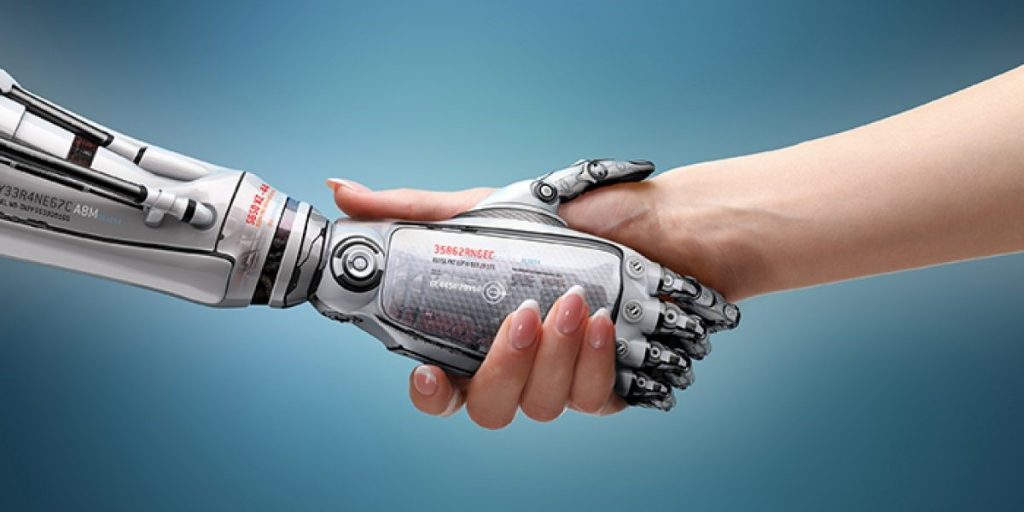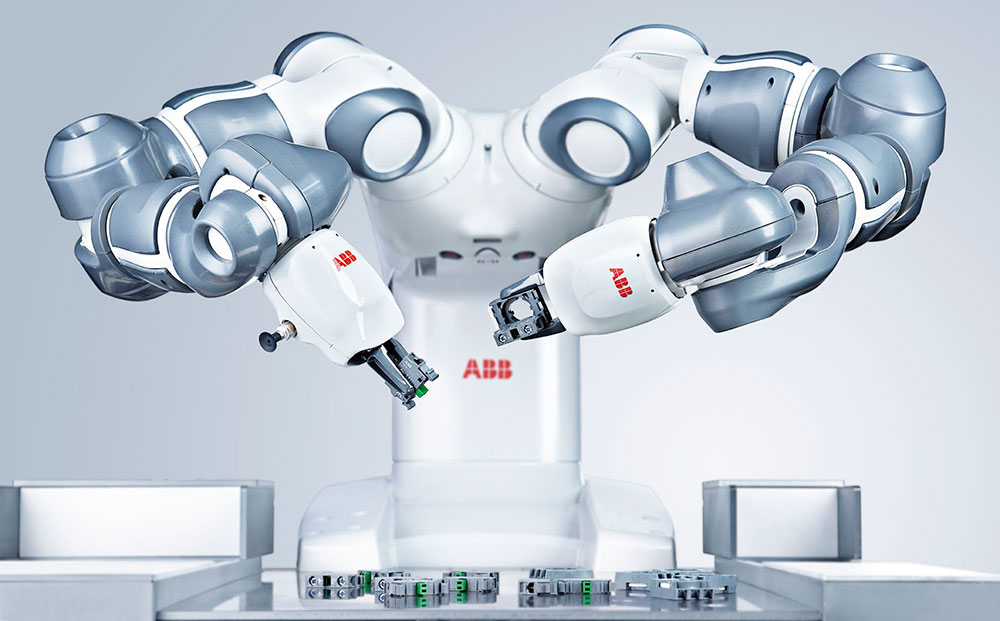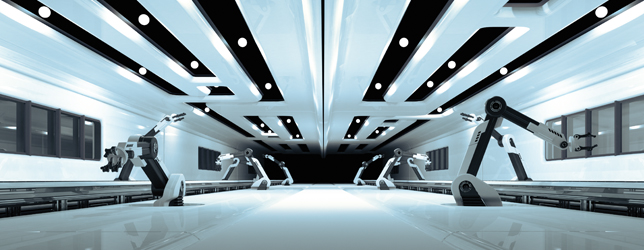There has been plenty of coverage in the media over the past few years about how robots, self-driving and automated technologies could impact on many industries. The likes of drones, the Internet of Things and self-driving car technology has already shown these are very real developments. However, a lot of debate surrounds whether robots will help or hurt workforces of the future. Rather than further focusing on the negatives, here are some ways they could benefit workers in the coming decades.
Efficient Chatbots
There has been a big rise in chatbots used by websites for a wide range of businesses in the past decade or so. While for some customers they may just seem like an annoying little pop-up, they can actually be quite efficient and help out both workers and customers. Whenever a customer has a query or issue, they can call up and speak to many people before they reach the right one. With chatbots, they use developed technology and algorithms to quickly direct their queries to the right place.
Optimise Performance
Computerised maintenance management systems can improve business performance by eliminating human error, yet they are designed to support rather than replace workers. These systems operate on a powerful platform that stores important data and information about workforces (whether humans or robots) which is processed to provide reports and audits. This can support human and robot workers by finding ways to optimise processes and increase the speed and efficiency of working.
Reduce Stress and Boredom
At the moment, most of the jobs that robots are doing in factories for vehicle, machinery and other manufacturing, can be repetitive tasks. Unsurprisingly, these aren’t the jobs that too many people want to do and, in some cases, there is a struggle to fill such positions. At other times, robots can replace these dull jobs which prevent human workers from becoming bored when they have to do them. The knock-on effect is that this relieves stress and allows for more time to do other more rewarding tasks.
Robots Can Create Jobs
Similarly, robots can help workforces by creating jobs for themselves, mainly by undertaking dull, dirty and dangerous jobs. Some of these may not exist for humans given their dangerous nature, while others are filling shortages of skilled manual labour. Research has shown that in countries where unemployment is at the lowest levels, they have the highest percentage of robot workers.
This demonstrates that robots are not just a threat to the workforce but can be used to help and improve them in a wide variety of ways.
Thanks for reading this article. If you're new here, why don't you subscribe for regular updates via RSS feed or via email. You can also subscribe by following @techsling on Twitter or becoming our fan on Facebook. Thanks for visiting!





















































































































































































